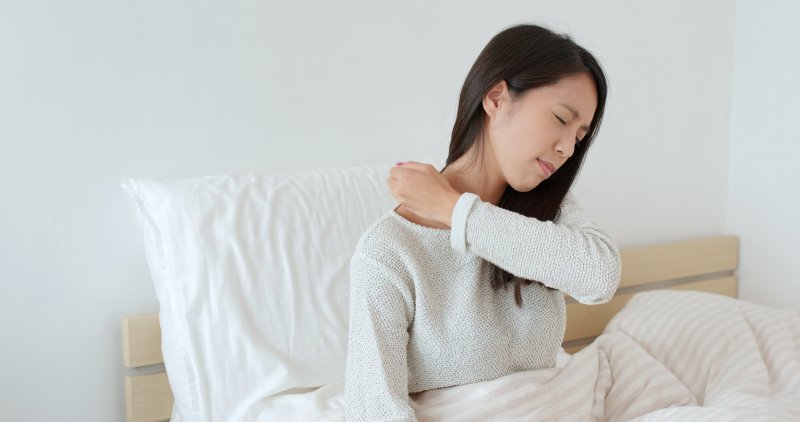
Regular exercise is one of the best things you can do for your health. It can reduce your risk of heart disease, support mental and emotional wellness, offer opportunities for socialization, and more. It can even help you sleep better! In fact, research suggests that a regular routine of physical activity can do much to reduce symptoms of obstructive sleep apnea.
(more…)

